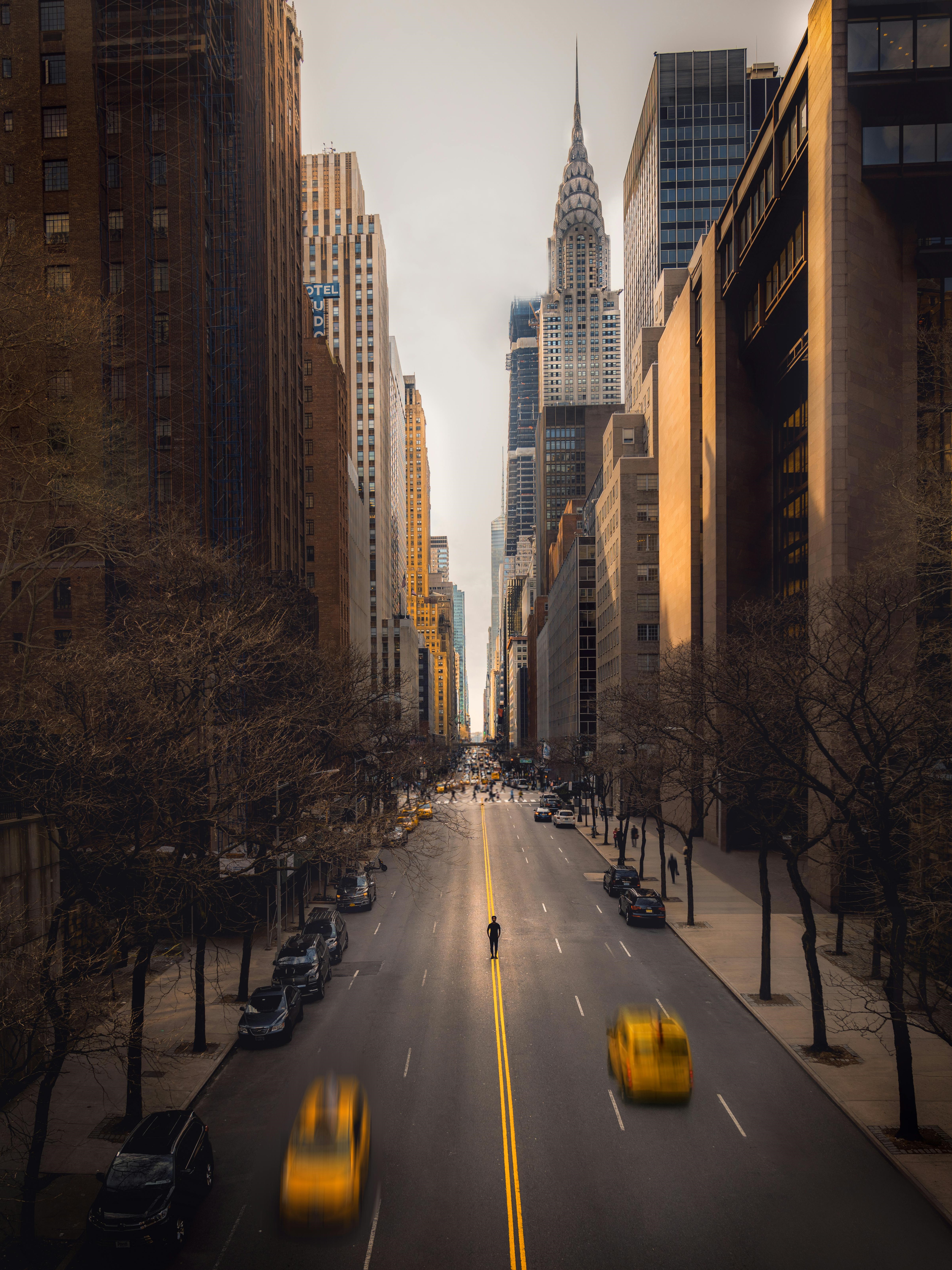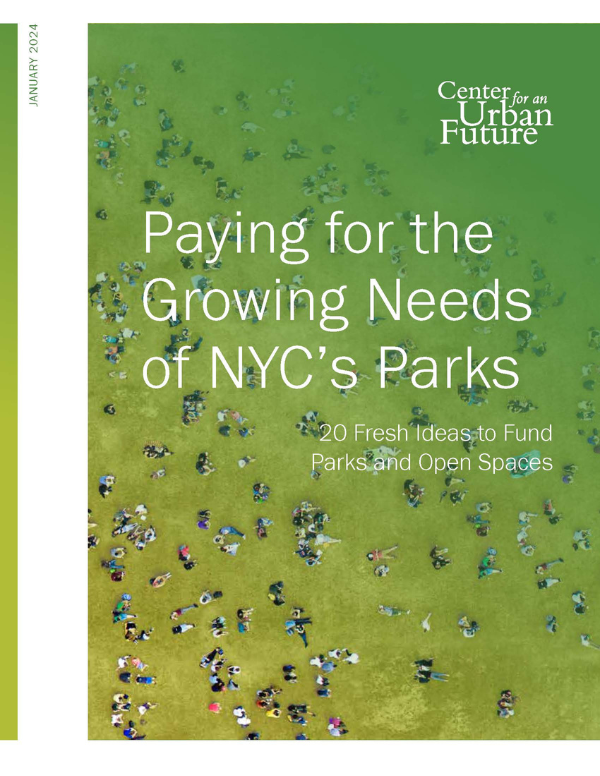Testimony of John Surico
Senior Fellow for Climate and Opportunity, Center for an Urban Future
Before the New York City Council
Committee on Parks and Recreation
May 13th, 2025
Good afternoon. I’m John Surico, the Senior Fellow for Climate and Opportunity at the Center for an Urban Future, an independent think tank focused on creating a stronger and more inclusive economy in New York. Thank you to Chair Krishnan and members of the committee for the opportunity to testify today.
New York’s parks, playgrounds, and open spaces have experienced record usage in recent years, becoming even more vital to New Yorkers’ health and the city’s economic future. But today, our 30,000 acres of parks and natural areas face more than a billion dollars in unmet needs—and future funding remains uncertain. In the years ahead, the city faces a budget gap of $8-10 billion, worsened by the potential loss of billions in federal dollars.
But for parks, this is nothing new. For decades, New York City has struggled to provide sufficient funding to pay for its parks and open spaces. Last year, the Department of Parks & Recreation (NYC Parks) absorbed a $20 million cut and met less than one-third of its more than $725 million in state-of-good repair needs. The Center for an Urban Future was glad to see partial funding restored in this year’s executive budget, but if history is any guide, the reprieve is only temporary. To address the system’s growing needs, this never-ending budget dance must stop, and policymakers can help do that by pursuing new innovative ideas for dedicated parks revenue.
In January of 2024, the Center outlined 20 specific, achievable ideas to do exactly that, from harnessing private development and parks’ carbon-absorbing powers to expanding public-private partnerships and pilots that monetize waste streams. And this year, we’ve published briefs for two ideas in particular, laying out the steps needed to get them done.
The first was our report in January outlining a variety of scenarios for implementing a ticket surcharge dedicated to park maintenance. Our research found that just a 1 percent fee, or $1.20 on average, placed on tickets sold at stadiums located on parkland, like Citi Field and Arthur Ashe Stadium, could raise about $11 million annually, helping offset a significant share of the parks systems’ unmet maintenance needs. But it’d require a push both here and in Albany from local leaders and advocates to make this happen.
The second report in April called on the city to launch 20 new destination-worthy concessions over the next three years. We found that this effort could generate $10 million or more in recurring operating dollars, enough to hire 100 skilled gardeners, foresters, and other full-time maintenance staff. And it’s one that City Hall and the Council could put into action today.
Money made in parks must stay in parks—and not doing so, we found, is a true ‘only in New York’ problem. To that end, the City Council could create a Parks Maintenance Fund to capture revenue allocated through future lease agreements with profit-making entities on parkland. Additionally, in neighborhoods that lack a conservancy, the city could work with a group of trusted partners to dedicate any new funding streams to local care, with clear guidance laid out in license agreements. An 80-20 split, where revenue mostly stays in the park it’s made in with a portion going to underserved parks unable to handle a new concession or event, would help bolster parks equity.
The Center commends the City Council for consistently championing parks and open space, and advocating for funding to address the full scope of New York City’s public parks’ needs. Thanks, also, to Chair Krishnan for his thoughtful consideration of the ideas we continue to put forth publicly. By getting creative about generating dedicated new revenues for parks, city leaders can deliver the healthy, vibrant parks and open spaces that New Yorkers need now, and for decades to come.
Thank you for the opportunity to testify.
Photo by Sean Pavone.





